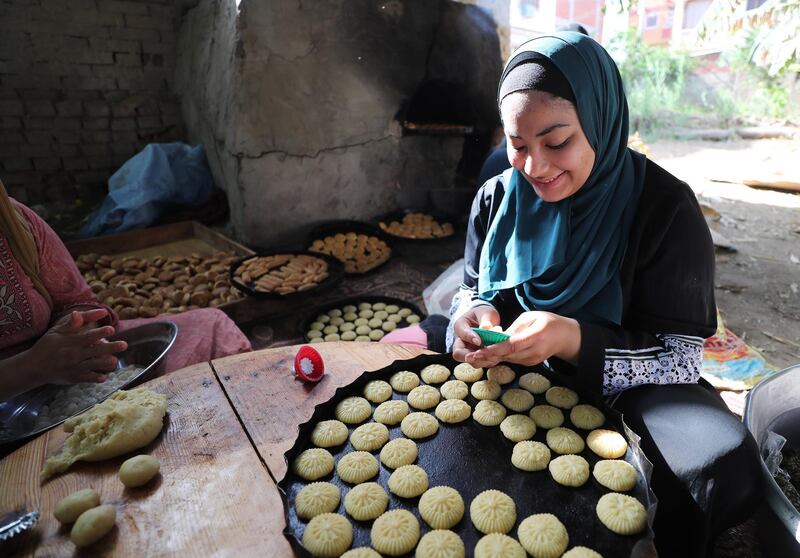With regard to Sarwat Nasir's story Ramadan 2020: Dubai workers able to cut costs with free iftar meals (May 17): I hope that next year Ramadan will be back to how we know it. For these poor workers, free iftar may be their only meal of the day. Appreciate the efforts of government in distributing food and aid to those who need it most.
Elize van Wyk, Abu Dhabi
Kudos to the UAE's engineers for a timely innovation
In reference to The National's video about the UAE engineers making 3D-printed custom-fit masks: congratulations to the UAE engineers who put all their efforts into this. It is a remarkable achievement.
Zenfarm Seroid Barola, Dubai
Developing a vaccine is like building a plane while flying it
This is with reference to the article British Covid-19 vaccine reports treatment saved monkeys in trial (May 15) by Thomas Harding. The front runners in developing the vaccine are the US, Britain and China. US and China are global competitors, vying for international influence. Before the Covid-19 crisis erupted, they were engaged in a trade war. It is almost certain that whichever country discovers the vaccine will first look after its own citizens. Presidents and prime ministers are elected by their own countrymen and are accountable to them.
Many developed countries are racing to acquire pharmaceutical companies, which show promise of discovering the vaccine. So, developing countries should not have high hopes to be prioritised when the vaccine sees the light of the day. Sadly, they may have to wait in the queue.
When the swine flu pandemic gripped the world in 2009, richer nations were able to procure the vaccines, and poorer countries in Africa and Southeast Asia had to wait. While swine flu is estimated to have killed 18,000 people worldwide, the unofficial estimate is 575,000, with many in poor countries.
About a 100 vaccines are reportedly under various stages of testing, including trials on animals and patients. After the vaccines are ready, it will be a massive challenge to produce billions of doses and distribute them across countries, towns, villages. It can be logistical nightmare. Mr Kalipso Chalkidou, director of global health at the Centre for Global Development sums up the challenge, saying: “You need to build the plane as you’re flying it.”
Developing countries in Asia and Africa may have to wait their turn for the vaccine. Their best bet would be to forge their scientific knowledge and resources and try to discover a vaccine themselves. This may sound naive, but then David was able to surprise Goliath. It is worth a try. There is nothing to lose.
Rajendra Aneja, Dubai





